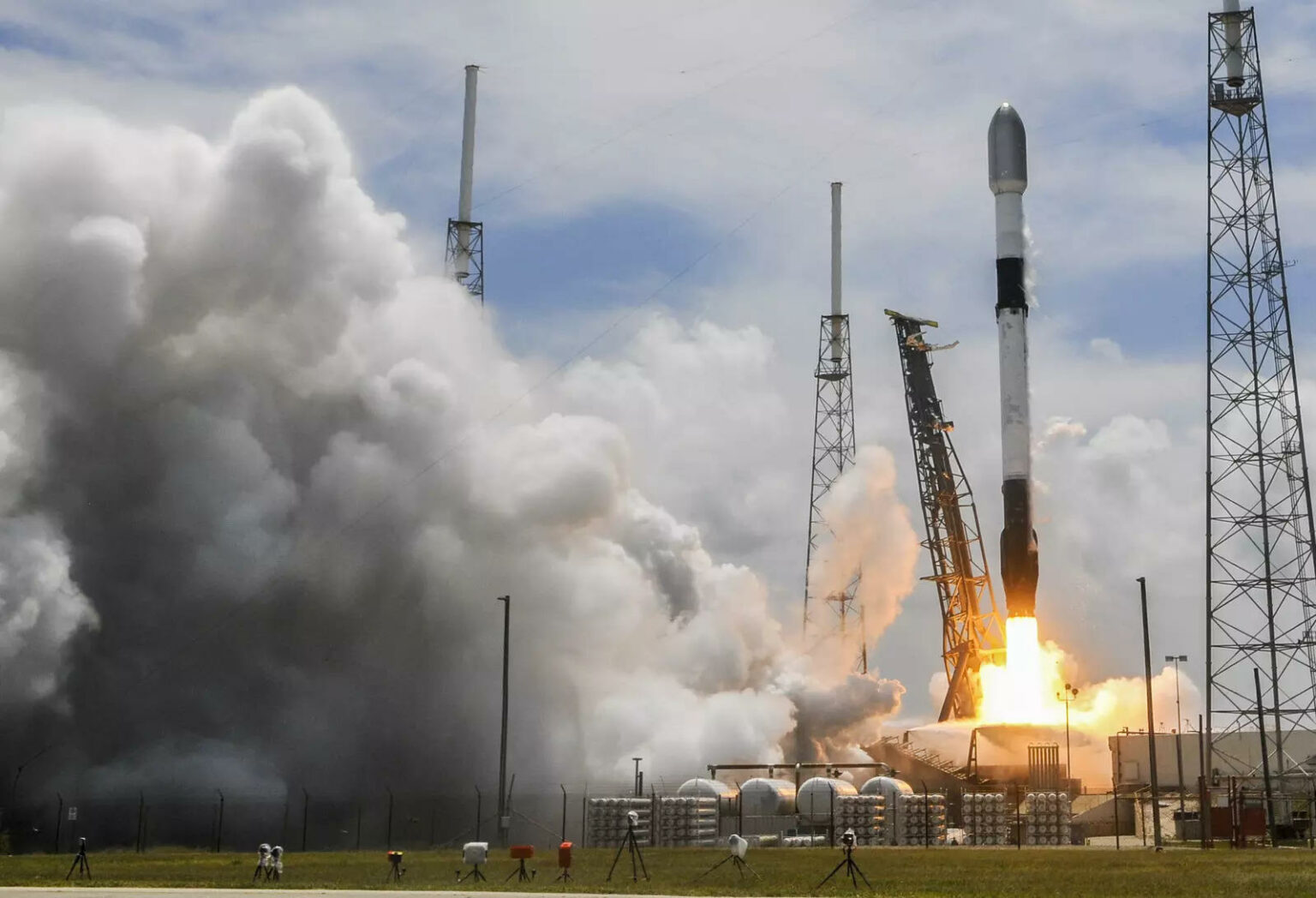As per Principal Scientific Advisor Ajay Kumar Sood, the government will soon disclose a new space strategy in an effort to encourage private engagement on an even greater scale. This new strategy has the potential to pave the way for the establishment of India’s very own “SpaceX-like businesses.”
PTI was informed by the government’s top scientific advisor that discussions had taken place and that the final text of the space policy will soon be forwarded to the Empowered Technology Group for further consideration.
“The creation of a space policy is now underway. The new satellite technology that operates in low-earth orbit (LEO) is rather inexpensive, despite the fact that we haven’t made much use of it.
“There is indeed a great deal of satellites in LEO,” Sood, who assumed office on April 25 and made the statement, said. “That will alter the space business.”

He stated that the government will provide financial assistance to the private sector in order to encourage the production of satellites for a wide range of uses, including but not limited to urban planning, agriculture, and the computation of property taxes.
We have not yet used all of the capabilities that come with this sector. In 2022, the space industry will go through a phase similar to that which the information technology sector went through in the 1990s. Sood has predicted that “during the next 2 years, we would have our very own SpaceX.”
Elon Musk founded the commercial space transportation company known as SpaceX in 2002. SpaceX is responsible for the design, construction, and launch of technologically advanced rockets and spacecraft.
He said that there were a number of opportunities to use space technology for the betterment of mankind; nevertheless, the Indian Space Research Organization (ISRO) had its limitations.
“New launch vehicles and new spacecraft fuels are now in the process of being developed.” This will connect those who have been separated. According to Sood, this phenomenon, known as “connecting the unconnected,” will take place when we expand up the space sector.
He thinks that after the space business is liberalized, there will be specialized satellites for a variety of uses, including e-commerce, agriculture, education, and emergency management.
Edusat was launched in 2004. The second edition haven’t been released as of now. Therefore, why not open up the market to competition from the private sector? That is going to take place. We are able to have satellites that are able to offer the agriculture business with information on weather and the state of the soil. It is conceivable to give it a call. E-Krishi, the act of thinking is well under way at this point. Sood said that what is lacking are the satellites in his explanation.
India is responsible for two to three percent of the global space economy, which is estimated to be worth $423 billion according to estimates provided by the sector.
Around the year 2040, the global space industry is projected to reach one trillion dollars in value, as stated by Morgan Stanley.
Read More : Elon Musk claims that a starship rocket is on its way to orbit













